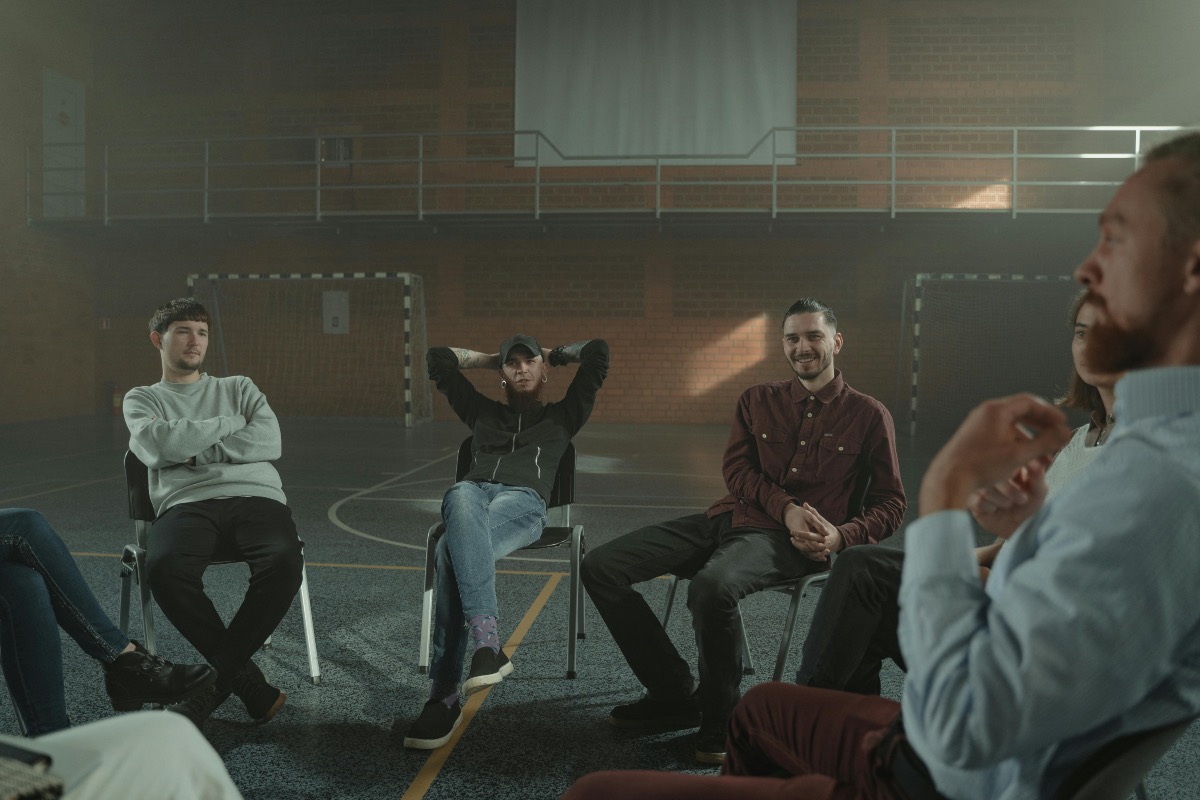The Power of Shared Experiences in Recovery
Recovery from addiction is not a simple process that can be accomplished with ease. It is a long process that entails a large amount of help and a combination of treatments. Group therapy and shared experiences can be considered one of the most effective instruments in this process. This form of therapy is widely used at Restoration Recovery since this approach has numerous advantages, such as peer support, identification with others, and the enhancement of interpersonal communication skills. Looking at how group therapy helps in creating a community can help you discover and understand the benefits.
Benefits of Shared Experiences
It is essential to note that group therapy is one of the main components of successful addiction treatment. Group therapy can be described as a process involving a set of meetings with a qualified therapist in which people gather to discuss their problems and achievements. Therapy in a group setting has several advantages – in addition to individual therapy – that cannot be easily obtained by individual therapy alone.
Social Support and Commonality
A major strength of group therapy is that it sets clients up to meet other people who are going through similar issues or experiences. This peer support is invaluable for several reasons. Many people in group therapy get comforted by hearing others say the same thing they are going through. It helps in alleviating the feelings of loneliness and stigma that are pervasive in the process of addiction recovery, providing a sense of validation and understanding.
Mutual Encouragement
Group members can motivate each other, rejoice in their accomplishments, and remind others to remain on the right track to recovery. Listening to success stories from fellow students is always very encouraging. Every person in the group has their own perspective and ways of dealing with stress. Because of this, people can discover how to avoid temptation and how to deal with stress in their recovery.
Development of Social Skills
Addiction can significantly influence and deteriorate the social life and interactions of an individual. Group therapy provides a safe environment to practice and develop these skills. It provides an opportunity to practice healthy communication and speak your mind in a vulnerable manner while receiving respectful criticism about shared experiences.
Among group participants, there are bound to be differing opinions. Such circumstances are quite helpful in demonstrating conflict-solving in a healthy way. Sharing people’s stories creates an understanding of other people, and it is vital to restoration and constructing healthier interpersonal connections for the sake of the process of recovery, providing a sense of empathy and compassion.
Establishing a Sense of Belonging
At Restoration Recovery, it becomes important throughout the treatment process for our clients to feel and recognize that they are not alone and that others are going through the same process. Group therapy helps build this community and establish a sense of belonging in several ways.
Shared Goals
All the members of the group have the same or similar goals of recovery, and this gives the members a common feeling of being in the same boat. Having a common goal creates a positive and encouraging atmosphere. Everyone who is working through addiction is working toward sobriety. While that may be sought out in different ways, the ultimate goal is relatively the same.
Accountability
Having meetings as a group makes one feel like one has partners to answer to, helping our clients at Restoration Recovery to maintain accountability. Realizing that people around them are informed about their progress will push them to adhere to the set recovery plan.
Long-Term Support
Some of the group therapy members become friends and maintain their friendship even after the treatment process is over. This is important because even after the treatment the individual may need support to help them remain sober. You still may desire a connection of shared experiences post-treatment.
Enhancing the Outcomes of Shared Experiences
For those considering group therapy, utilizing these practical tips can help you to maximize its benefits.
Be Open and Honest
When first starting group therapy, it can be hard to be vulnerable and disclose your personal experience. Giving yourself the space to be open and honest about your recovery is a great way to gain confidence and the benefits discussed above. Confidentiality is an important aspect of group therapy, helping you to feel more comfortable in disclosing personal information.
Engage and Listen
Listen to what others have to say and what they are going through. It helps not only to demonstrate respect but also to get more knowledge from other people’s stories. Do not hesitate to engage in the discussions and other activities that are going on. The more often you participate in the group, the more you will gain from the group.
Practice Patience
Adjusting to group therapy is a gradual process, and this is why it might take some time for an individual to heal. Give yourself and those around you time, and do not forget to enjoy the little achievements.
It can be argued that one of the most important aspects of recovery is the ability to find a connection with others. Group therapy is a special form of treatment in which people can meet, share, and develop together with others. At Restoration Recovery, we have found that group therapy helps to create a community, and we have seen how clients inspire each other in this way. This is because when one accepts the process of recovery as a shared one then they can better be able to overcome the challenge of substance dependence and lead a better life. To learn more about the power of shared experiences in recovery, reach out to Restoration Recovery today at (888) 290-0925.






